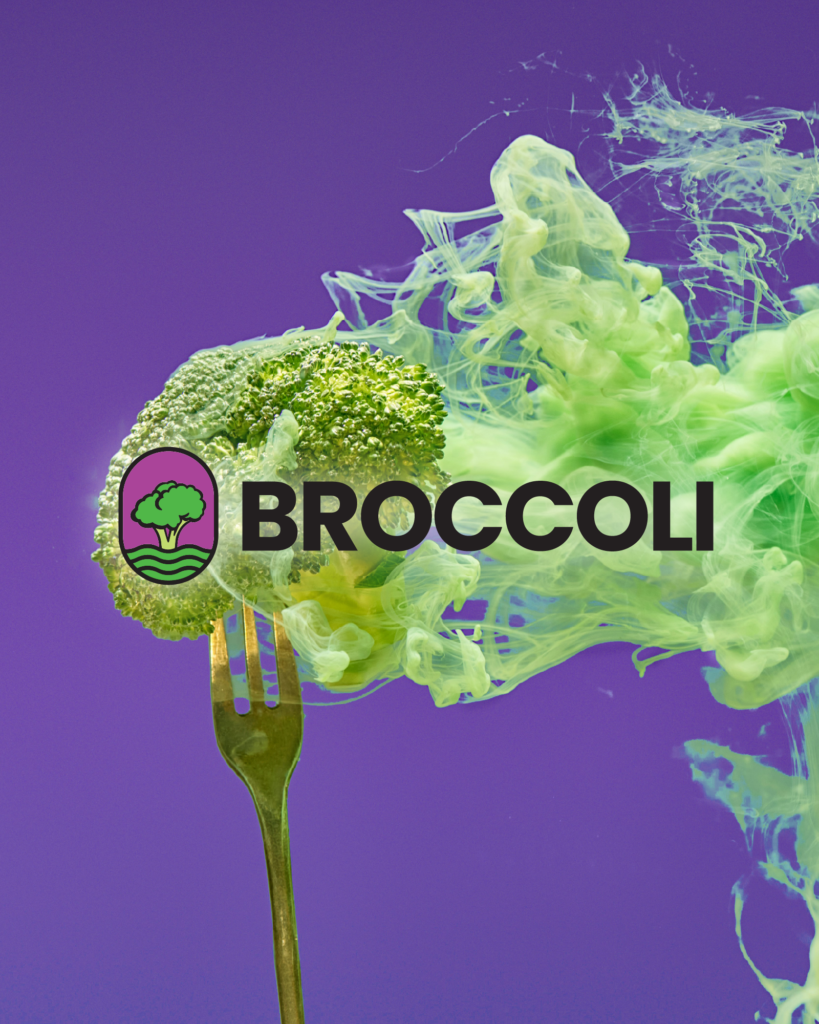Introduction: What Is Dry January?
Dry January is more than just a trend; it’s a transformative movement. Every January, millions of people commit to going alcohol-free for the entire month. For some, it’s a chance to hit the reset button on their health and habits. For others, it’s an opportunity to reflect on their relationship with alcohol and explore new ways to relax and connect.
The purpose behind Dry January isn’t about deprivation—it’s about empowerment. It’s a month dedicated to improving physical health, gaining mental clarity, and creating space for personal growth.
If you’ve ever wondered why Dry January has become such a phenomenon, here’s everything you need to know about its purpose and how it can change your life.
1. A Reset for Your Health
The physical benefits of Dry January are undeniable. Removing alcohol from your routine gives your body a chance to recover and recharge.
Key Benefits Include:
- Improved Liver Health: Alcohol takes a toll on your liver. A month without it allows this vital organ to repair itself.
- Better Sleep: Alcohol disrupts sleep cycles. Participants often report more restful nights and energized mornings.
- Weight Management: Cutting alcohol’s empty calories can lead to noticeable weight loss.
- Enhanced Immunity: Without alcohol weakening your immune system, your body is better equipped to fight off illness.
Pro Tip: Pair your Dry January journey with a hydration routine to amplify its detoxifying effects.
2. Clarity and Mental Wellness
One of the most profound impacts of Dry January is the mental clarity it brings. Alcohol can cloud judgment, amplify stress, and make emotions harder to navigate.
What to Expect:
- Improved Focus: Many participants find they are more productive and focused at work or on personal projects.
- Emotional Balance: Without alcohol, mood swings become less frequent, and emotional resilience increases.
- Self-Reflection: The absence of alcohol provides space to think deeply about your goals and values.
“Dry January gave me a sense of control over my habits,” shares Lucy, a 35-year-old teacher. “I felt like I could make better decisions about everything, not just drinking.”
3. Building Mindful Habits
The purpose of Dry January goes beyond temporary abstinence. It’s about creating long-term, mindful habits that align with your values and goals.
Mindful Practices to Explore:
- Mocktail Creativity: Experiment with alcohol-free drinks to make the challenge fun and enjoyable.
- Evening Rituals: Replace a glass of wine with activities like journaling, reading, or meditating.
- Social Alternatives: Instead of bar meetups, try coffee dates or outdoor activities with friends.
Pro Tip: Start a gratitude journal during Dry January to reflect on the benefits of mindful living—it’s a habit that can stick long after the month ends.
4. Understanding Your Relationship with Alcohol
Dry January is also a time for introspection. Stepping away from alcohol helps you evaluate how it fits into your life.
Questions to Ask Yourself:
- Do I drink out of habit, stress, or social pressure?
- How do I feel when I don’t drink?
- What benefits am I noticing from taking a break?
By answering these questions, many people gain valuable insights that influence their decisions long after January ends.
5. It’s Not Just About You—It’s a Global Movement
Dry January has grown into a worldwide phenomenon, supported by organizations like Alcohol Change UK. Millions of people participate each year, sharing their stories, recipes, and tips online.
Why This Matters:
- Community Support: Knowing you’re part of a larger movement makes the challenge feel less daunting.
- Inspiration: Seeing others succeed can motivate you to stick with your goals.

